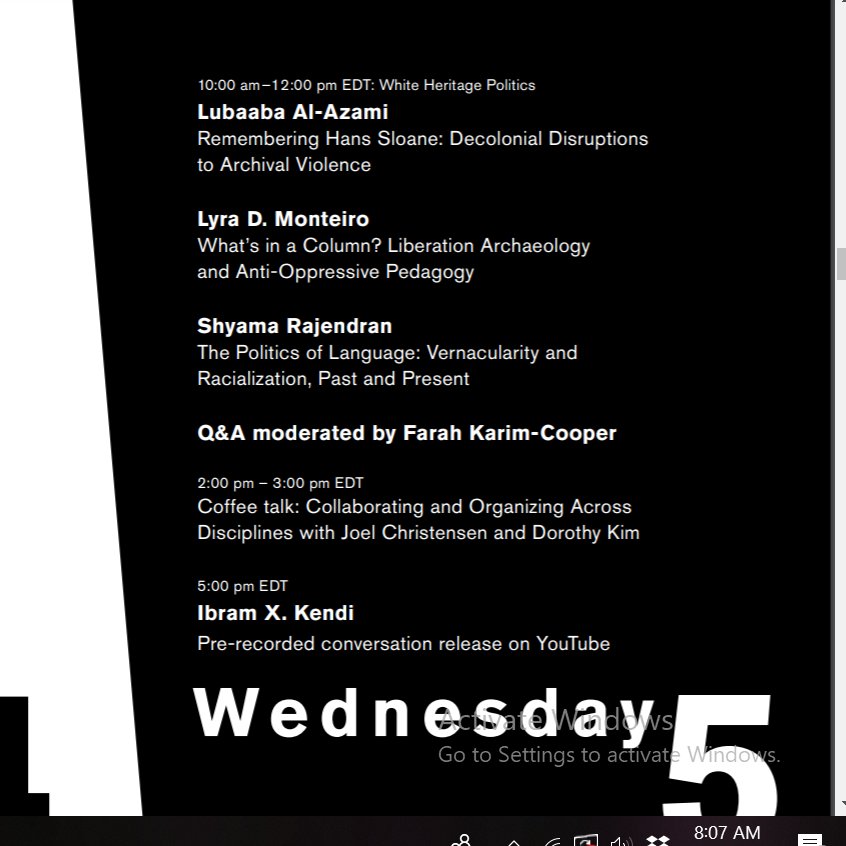
Joining @FlintDibble and @rogueclassicist and others in a call for @AntigoneJournal to drop their problematic platforming of eugenicist.
Antigone can do great work and the journal is doing a disservice to its other authors by standing behind a bad decision
Antigone can do great work and the journal is doing a disservice to its other authors by standing behind a bad decision
All of us who move into this new, fast digital space make mistakes trying to respond and adapt. I have have RT'd some bad stuff, said stupid things, and thought better of earlier stances.
A good journal should have a public editorial board and a clear statement on where their funding comes from.
They should also consider their constituents.
They should also consider their constituents.
I think we can go easy on anyone who took Antigone's money and did something else with it. There was nothing disingenuous there and I think we all take compromised funds in one way or another.
But @antigonejournal team, you can help us all set a standard for positive engagement by rethinking the damage that supporting that work can do.
#Cicero can take this away...
“All people make mistakes; but it is fools who persist in them”
#Cicero can take this away...
“All people make mistakes; but it is fools who persist in them”
cuiusvis hominis est errare; nullius nisi insipientis perseverare in errore
• • •
Missing some Tweet in this thread? You can try to
force a refresh






